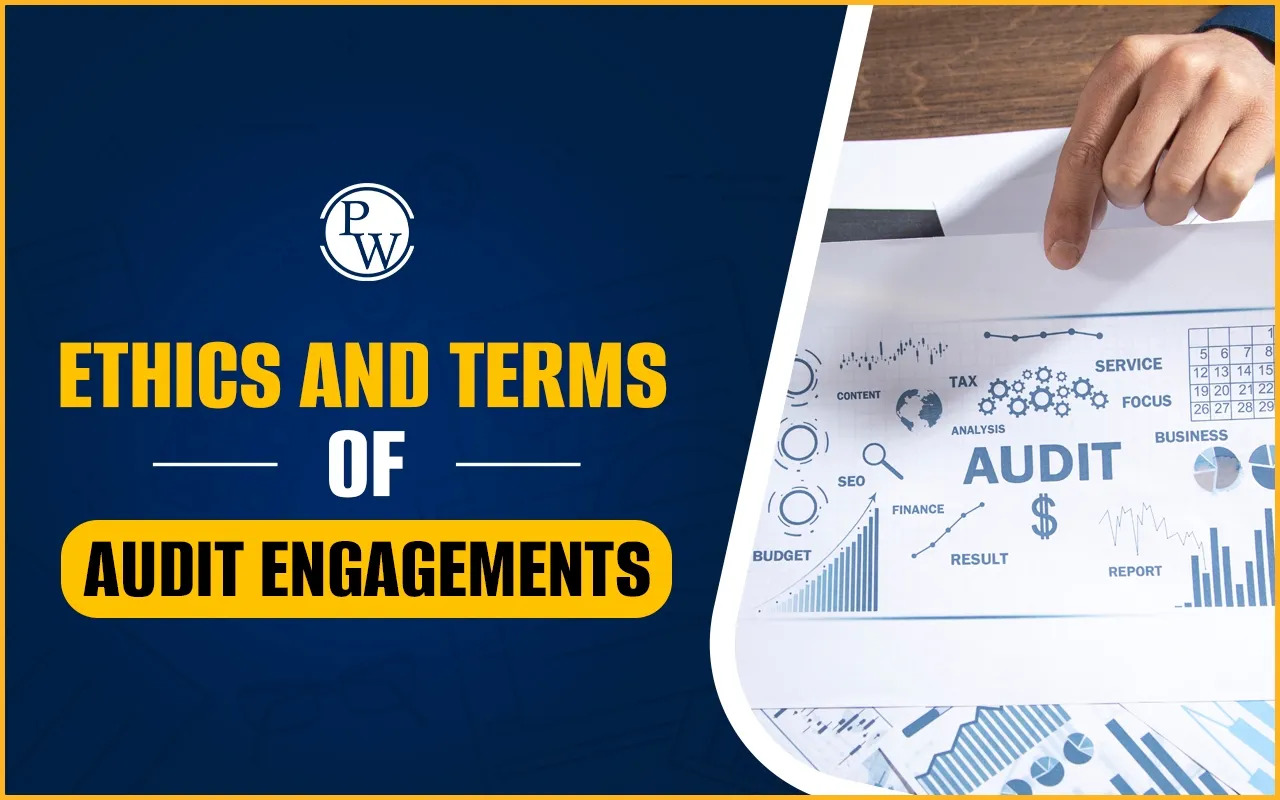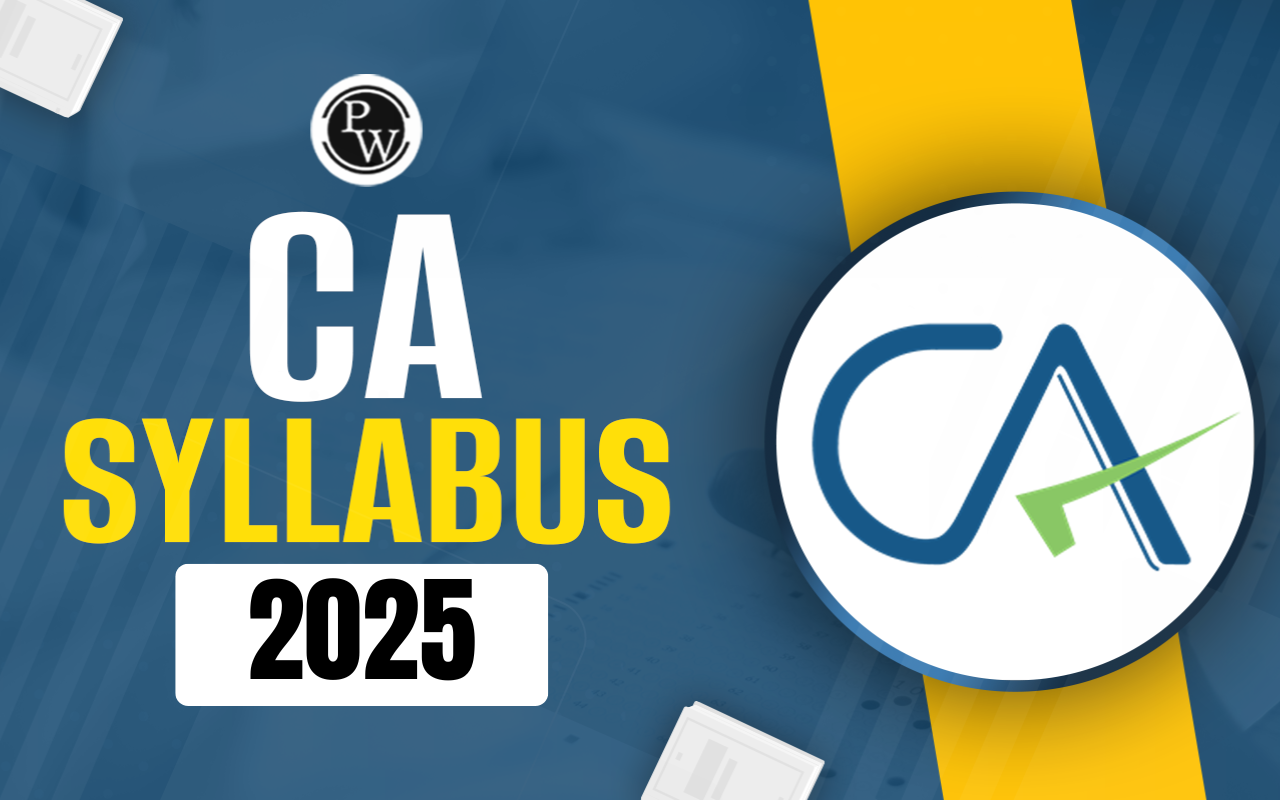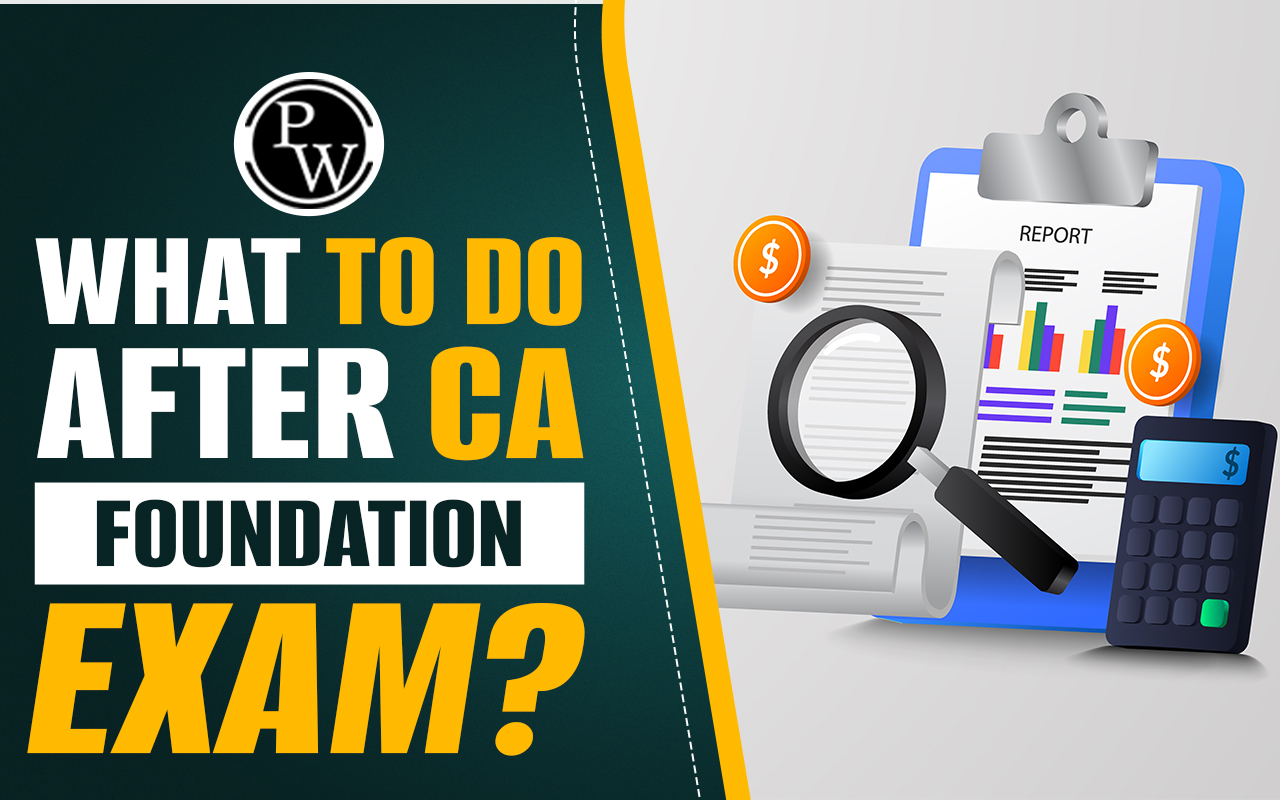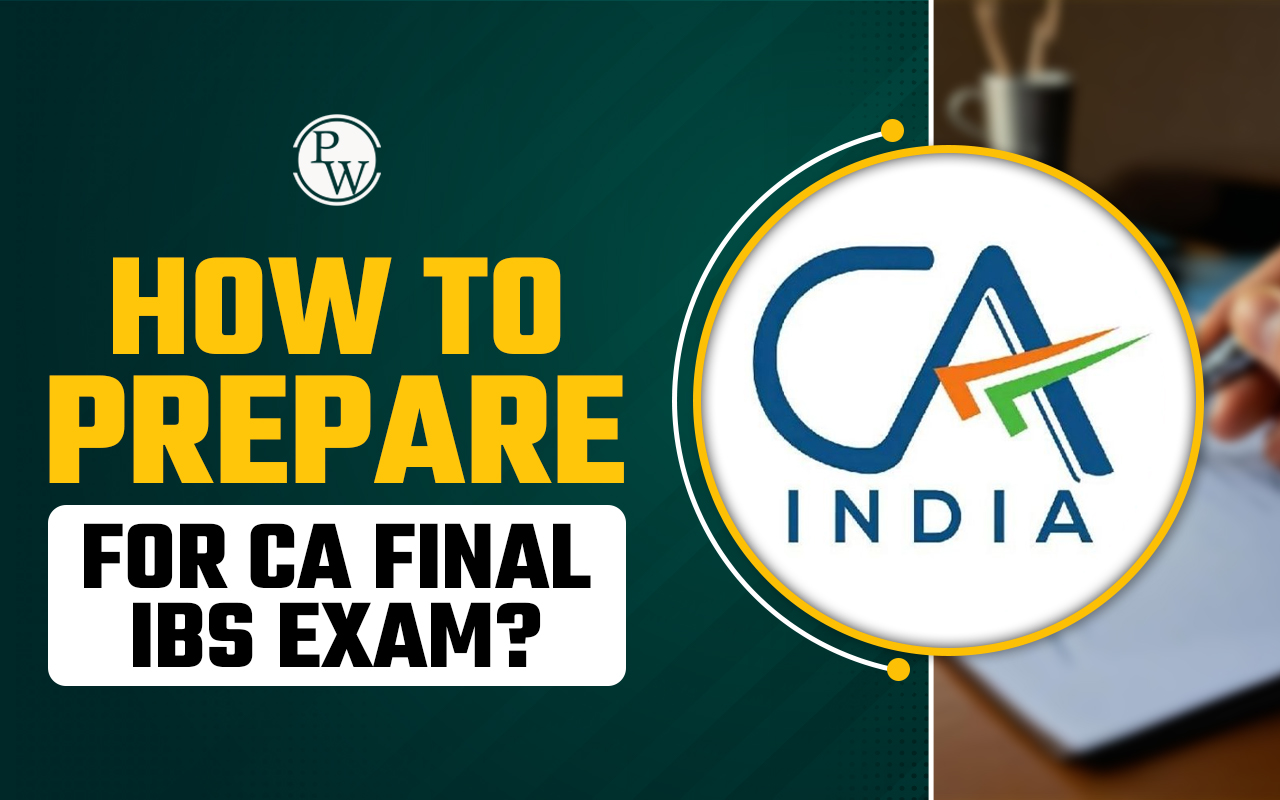
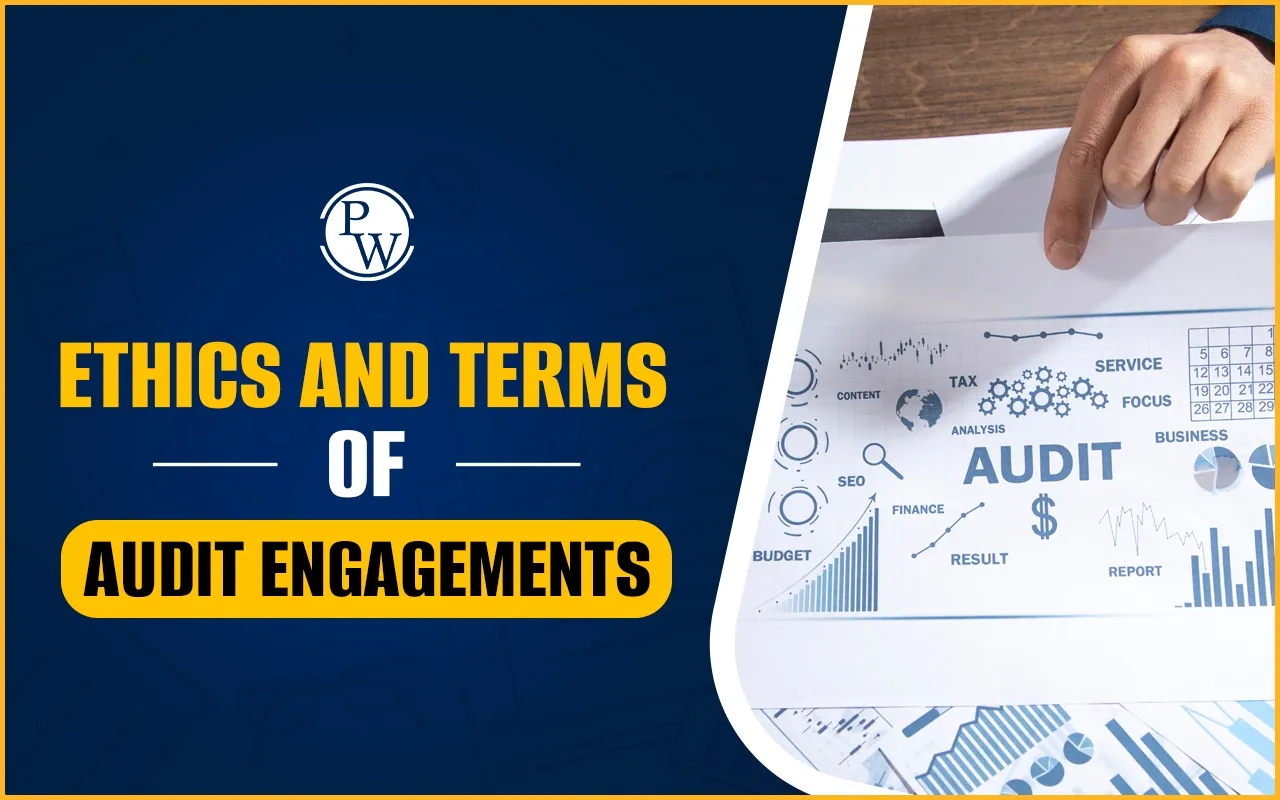
Audit Engagements form the foundation of the professional relationship between auditors and their clients. The ethical responsibilities and terms of these engagements are crucial for ensuring transparency, accountability, and compliance with regulations.
Aspiring Chartered Accountants (CAs) must understand the ethical considerations and key terms associated with Audit Engagements to conduct audits effectively and professionally. This article will explore the ethical principles, essential terms, and practices for handling Audit Engagements for CA exams.
Audit Engagements
An Audit Engagement is a formal agreement between an auditor and a client, specifying the scope, objectives, and responsibilities of the audit process. This engagement ensures that both parties have a clear understanding of their roles and obligations.
Key elements of Audit Engagements include:
- Engagement Letter: A document outlining the scope of the audit, responsibilities, and limitations.
- Audit Objectives: The goals and expected outcomes of the audit.
- Responsibilities of the Auditor and Client: Defined roles to maintain accountability.
- Compliance with Auditing Standards: Adherence to laws and professional guidelines.
A well-structured Audit Engagement ensures a smooth audit process while maintaining ethical standards and professional integrity.
Ethical Principles in Audit Engagements
Ethics play a vital role in Audit Engagements as they govern the conduct of auditors and help maintain public trust. The key ethical principles include:
1. Integrity
Auditors must uphold honesty and fairness in all Audit Engagements. They should avoid conflicts of interest and disclose any potential biases.
2. Objectivity
Objectivity ensures that auditors remain unbiased in their assessments. An auditor must not let personal relationships or external pressures influence their judgment during Audit Engagements.
3. Confidentiality
Auditors handle sensitive financial information, and maintaining confidentiality is essential. Ethical Audit Engagements require auditors to protect client data and use it only for audit purposes.
4. Professional Competence and Due Care
Auditors must continuously update their knowledge and follow auditing standards diligently. Ethical Audit Engagements require auditors to exercise due care and deliver quality services.
5. Professional Behavior
Auditors must comply with all regulations and avoid any actions that may harm the reputation of the profession or compromise the quality of Audit Engagements.
Key Terms in Audit Engagements
Understanding key terms related to Audit Engagements is essential for CA students. Some important terms include:
1. Engagement Letter
An official document that defines the auditor’s responsibilities, scope of work, and expectations in an Audit Engagement.
2. Materiality
A concept that determines the significance of an error or omission in financial statements and its impact on the audit findings.
3. Audit Evidence
The information and documents collected by auditors to support their conclusions during Audit Engagements.
4. Scope of Audit
Defines the extent and limitations of an Audit Engagement, including areas to be covered and audit procedures to be performed.
5. Audit Report
The final document summarizing the auditor’s findings, conclusions, and recommendations after completing an Audit Engagement.
Practices for Ethical Audit Engagements
Ethical Audit Engagements require auditors to follow established professional standards while maintaining transparency and accountability. Implementing best practices ensures that audits are conducted effectively, reducing the risk of errors or misstatements. By fostering an ethical culture, auditors can enhance trust and credibility in financial reporting, benefiting both businesses and stakeholders.
1. Clear Communication
A successful Audit Engagement requires open and transparent communication between auditors and clients to prevent misunderstandings.
2. Adherence to Standards
Following International Standards on Auditing (ISA) and local regulations ensures ethical and legally compliant Audit Engagements.
3. Maintaining Independence
Auditors must avoid conflicts of interest and remain independent in all Audit Engagements.
4. Continuous Learning
Staying updated with regulatory changes and auditing trends ensures high-quality Audit Engagements.
5. Documenting Every Step
Maintaining detailed records of the audit process helps provide transparency and accountability in Audit Engagements.
Ethics and terms of Audit Engagements are fundamental aspects of the auditing profession. Understanding and adhering to ethical principles, key terms, and best practices ensures that audits are conducted with integrity and professionalism. Aspiring CAs must develop a strong ethical foundation to excel in Audit Engagements and contribute to a transparent financial system.
Prepare for your CA exams with PW CA Courses, designed to help you with Audit Engagements and other crucial topics. Join now and take your CA preparation to the next level!
| Also Check: | |
| Employee Costs and Direct Expenses | Joint Products |
| Audit of Items of Financial Statements | Assets Based Accounting Standards |
| Cost and Management Accounting | E-Way Bill |
Ethics and Terms of Audit Engagements FAQs
What is an Audit Engagement?
Why are ethics important in Audit Engagements?
What is included in an Engagement Letter?
How can an auditor maintain independence in Audit Engagements?

